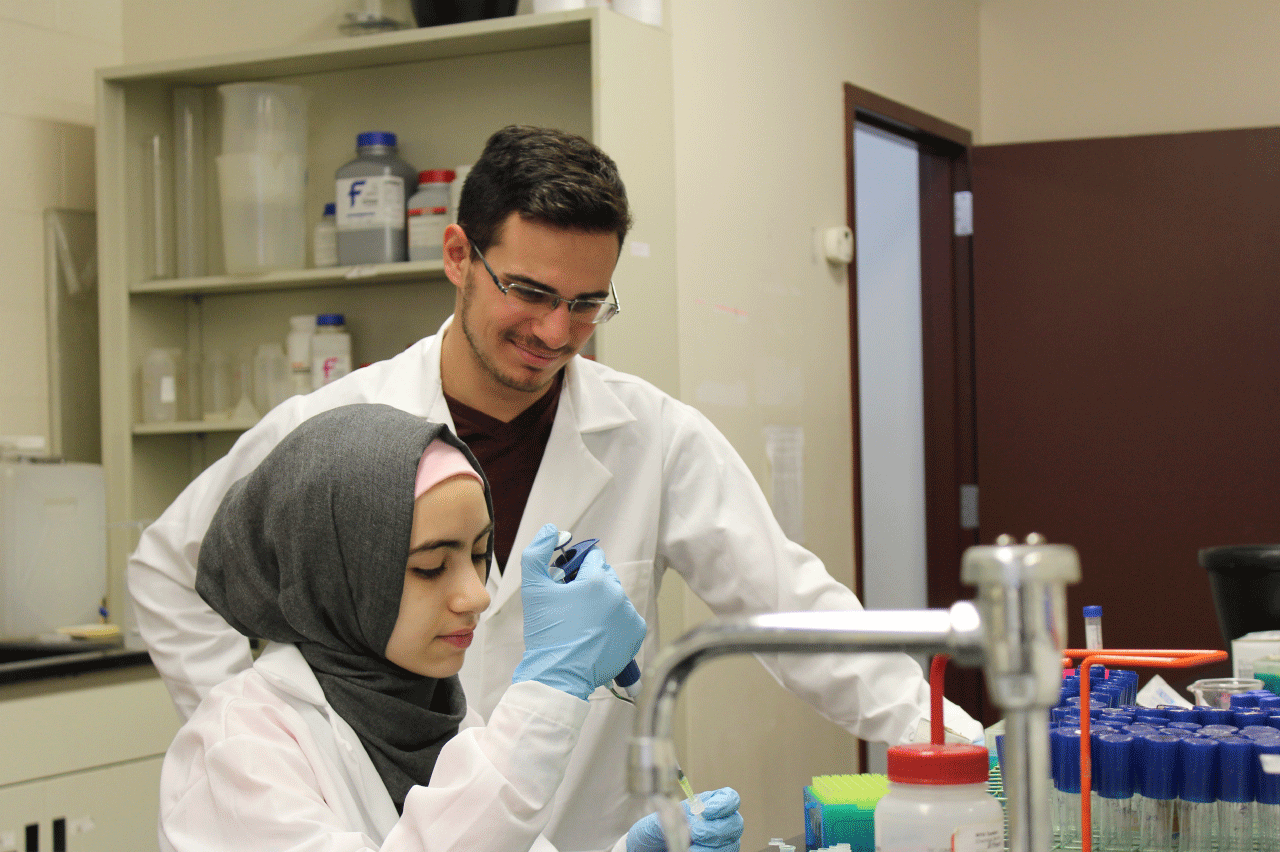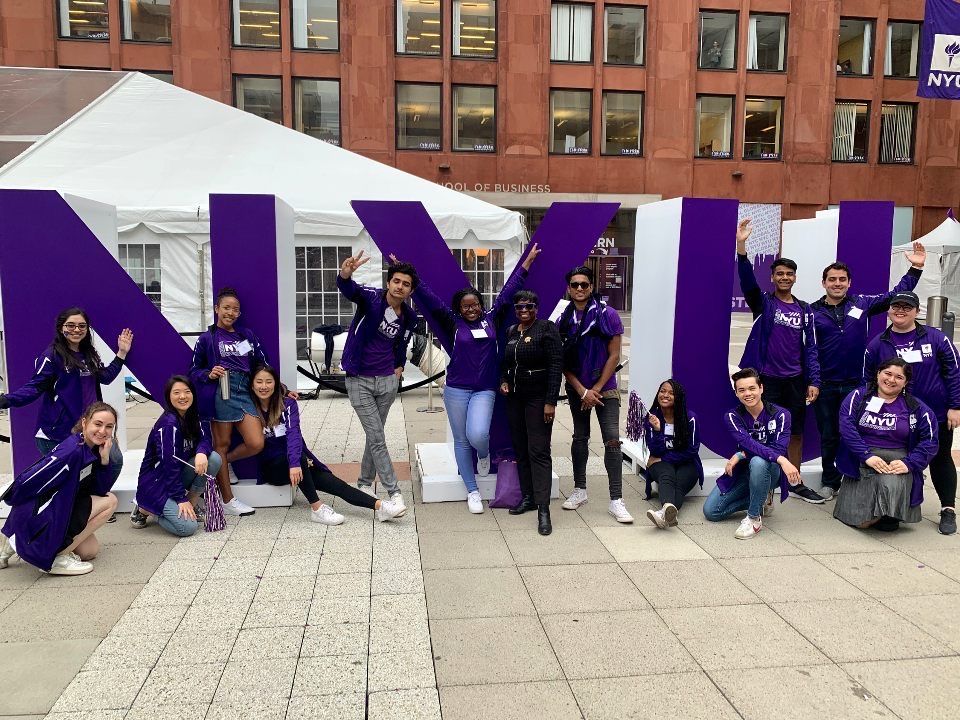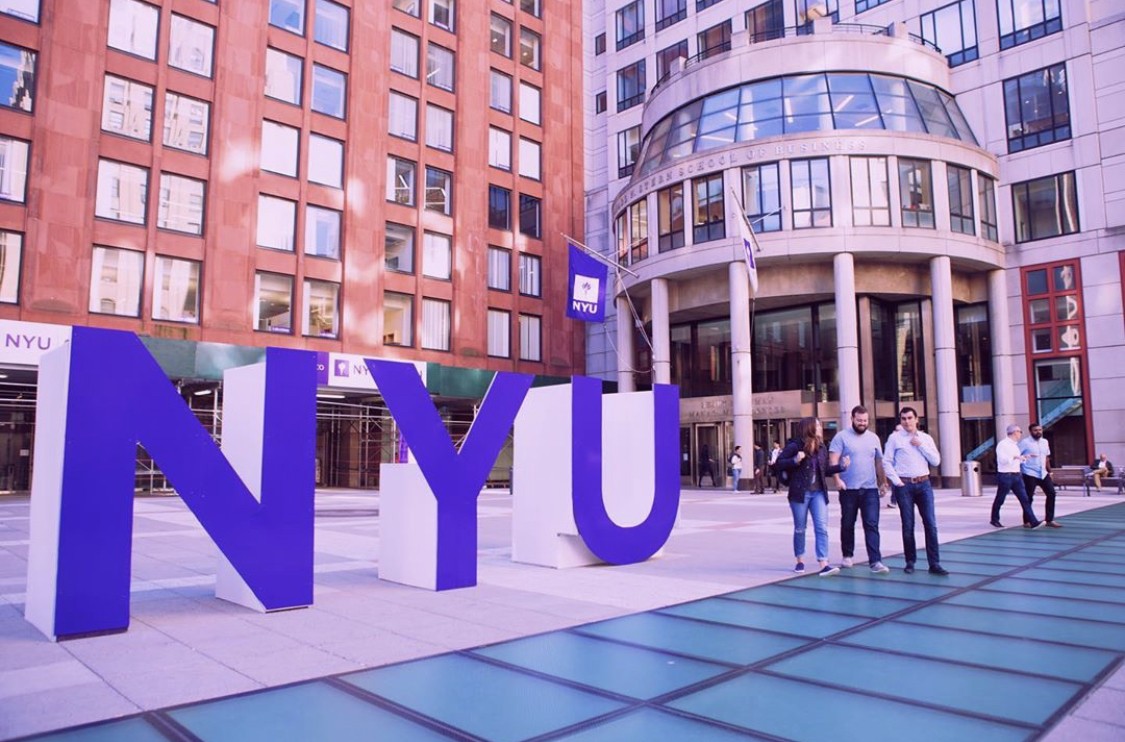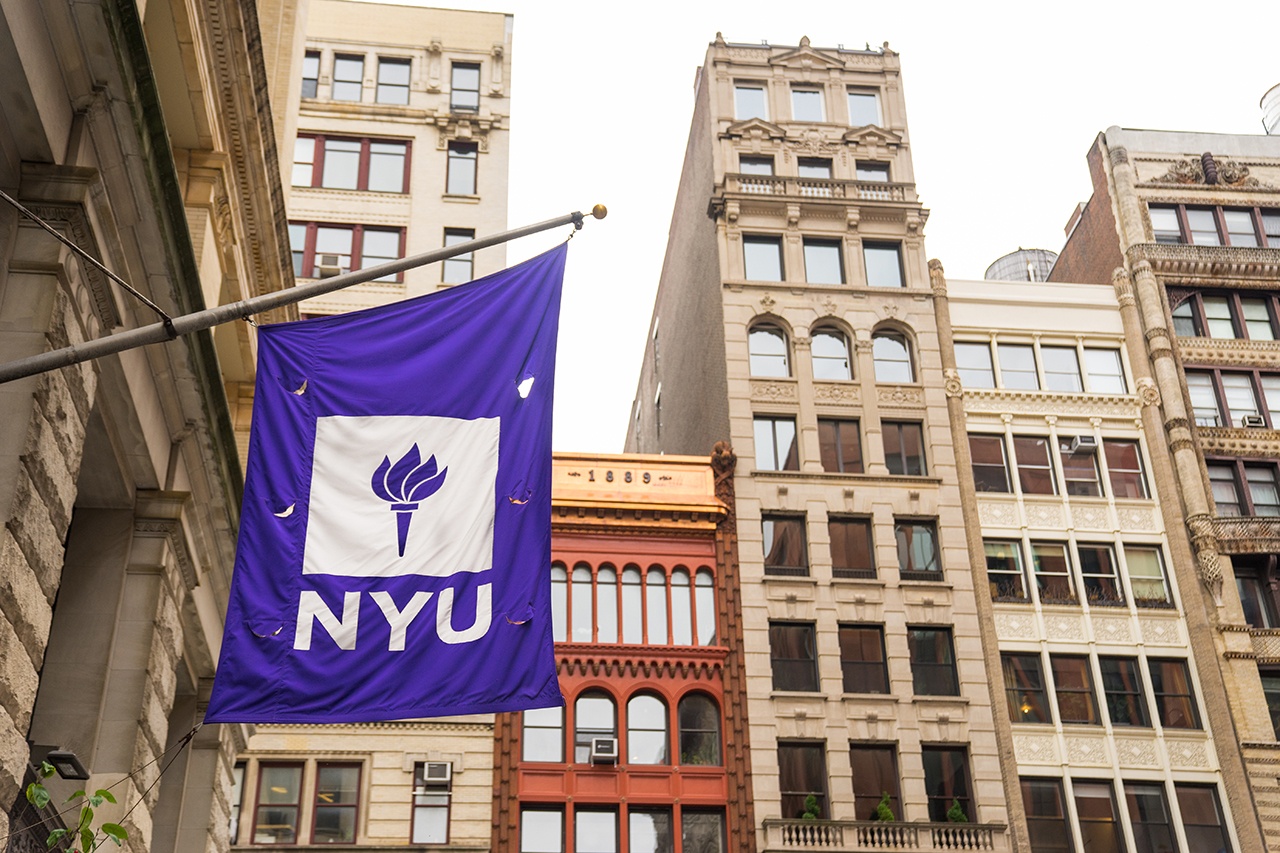Published May 31, 2021
Why College Matters: Invest in Your Future

Grow Your Skills, Build Your Network
Any career path comes with a necessary set of skills, whether they’re technical, behavioral, or otherwise. As expected, you’ll gain them in college in more ways than one. Classroom experience will give you both theory and practice from experts in their fields. Internships will show you how those skills play out in real-world scenarios at some of the most impactful organizations. Classmates will help you “level up” your thinking through debates, group projects, research initiatives, and more. Those classmates will then become part of your professional network and will become some of your closest friends—for life.
Thereʼs Data to Support It
The argument that college isn’t worth the cost is gaining traction across the country. This has become even more prominent in the midst of the American economic crisis. College is expensive—but that doesn’t mean that it doesn’t pay off. A recent study conducted by the College Board found that a college education equates to “higher pay, upward mobility…and greater civic engagement.” College graduates earn roughly 73 percent more than their peers who only have a high school diploma. Those with advanced degrees are eight times more likely to be earning at least $100,000. The Brookings Institution also found that college graduates lead healthier, longer lives. While the cost is significant, the benefits will continue to show themselves in ways throughout the rest of your life.
Grow Beyond the Classroom
You’ve likely heard the saying that your college years are the “best years of your life.” I couldn’t agree more! They truly are, but not just because you’re young with an assortment of opportunities ahead of you. Your college years are the ones where you have the most flexibility to explore your interests. These are the years where students gain cross-cultural experience while studying away, learn the ins and outs of what a new city (or cities!) has to offer, and build long-lasting relationships that change the course of their lives.
These are the years where your professors will push you to do more than you could have imagined. You may find love, try your new favorite food, or learn a new language. Maybe you thought that computer engineering was what you always wanted. But then after taking an international relations course, your perspective changed. Many of these things can happen at any point in your life. But it’s far easier for them to happen at the point in your life when the future is flexible. As a result, the person who walks across the commencement stage will be far more experienced, intellectual, culturally aware, and ambitious. When you look back, you may not recognize the person who first stepped foot onto campus four years prior!




